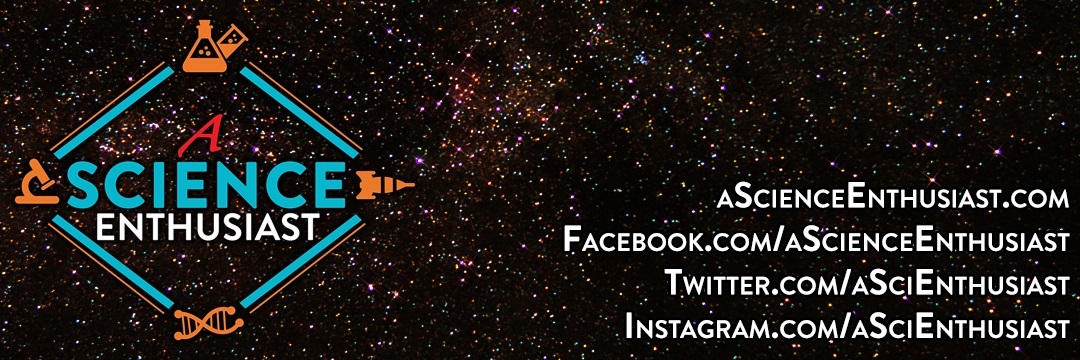You can finally thank a scientist for potentially ruining your love life. Or, more specifically, a philematologist, a scientist who studies philematology, or what we common folk refer to as “kissing.” I guess “philematologist” sounds better than saying “scientist who studies kissing.” (No, your experience on porn sites does not make you a scientist in this area.)
On Popular Science, Erin Blakemore recently pointed out that almost 100 years ago, researchers observed adult chimpanzees who appeared to be kissing one another. However, they were often actually “kiss-feeding” each other… Passing pre-chewed food from one of their mouths to the other.
Delicious. I’ll try this with my girlfriend tonight and will let you know if she finds it romantic or not.
Get our exclusive ‘Vaccines work’ shirt from our store!
There are other possible reasons for kissing, too. We might do it to pass each other “sex chemicals.” According to PopSci:
Saliva does contain sex-related chemicals, like testosterone, and the mouth’s mucous membrane is susceptible to those hormones. Maybe that explains why some people prefer a deep tonguing to a chaste peck.
In 2007, a group of social scientists surveyed over 1,000 college students about their kissing preferences. They found that men liked sloppy kisses more than women and hypothesized that males, who are generally “less sensitive to chemosensory cues,” might need to come into contact with plenty of saliva to determine whether a woman’s worth mating with. Or maybe guys just like spit?
While kissing can definitely lead to… well… things that you can ask your parents about rather than a random person on the internet, it also has been shown to have lasting effects (beyond the possibility of leading to a situation where another person is produced 9 months down the road).
In 2013, researchers had participants engage in “intense kissing” … for science. Yeah… For science.

After couples swapped spit, they found that male DNA still persisted in their partners’ mouths for as long as an hour after they kissed. PopSci points out that while this might sound romantic for you and your partner, it has some rather surprising potential consequences:
The premise seems lighthearted, but that lingering taste of dude DNA has some serious implications. The team concluded it could used to document sexual harassment, rape, or infidelity. Perhaps one day, your kiss could be used against you in court.
And because mathematicians and computer scientists might be one of the most socially awkward people ever, they worked out how to kiss more efficiently:
Multiple researchers have tackled what’s called “the kissing problem”—a thought experiment about the most efficient way to kiss everyone in a room goodbye. Think of it as a hypothetical way to figure out how quickly a crowded party can break up without leaving anyone out. This “problem” can be expressed geometrically and used to teach students how to tinker with graphs and even game theory. In a 2014 paper in Theory of Computing Systems, a group of computer scientists worked out multiple algorithms for the most efficient kissing patterns in a crowded, comfortable, and sparse room.
… Relax guys. Step 1 of “the kissing problem” requires you to have someone to kiss in the first place, right?
There’s a potential issue there, too:
Earlier this year, a group of researchers looked at the lives of American college students who have never been kissed—and discovered that they “were more neurotic, had mothers who were less facilitating of independence, and had lower self-esteem.”
But it’s not all bad. Those who have never been kissed performed better in academics, were just as healthy as those who had been kissed, and drank less alcohol.







